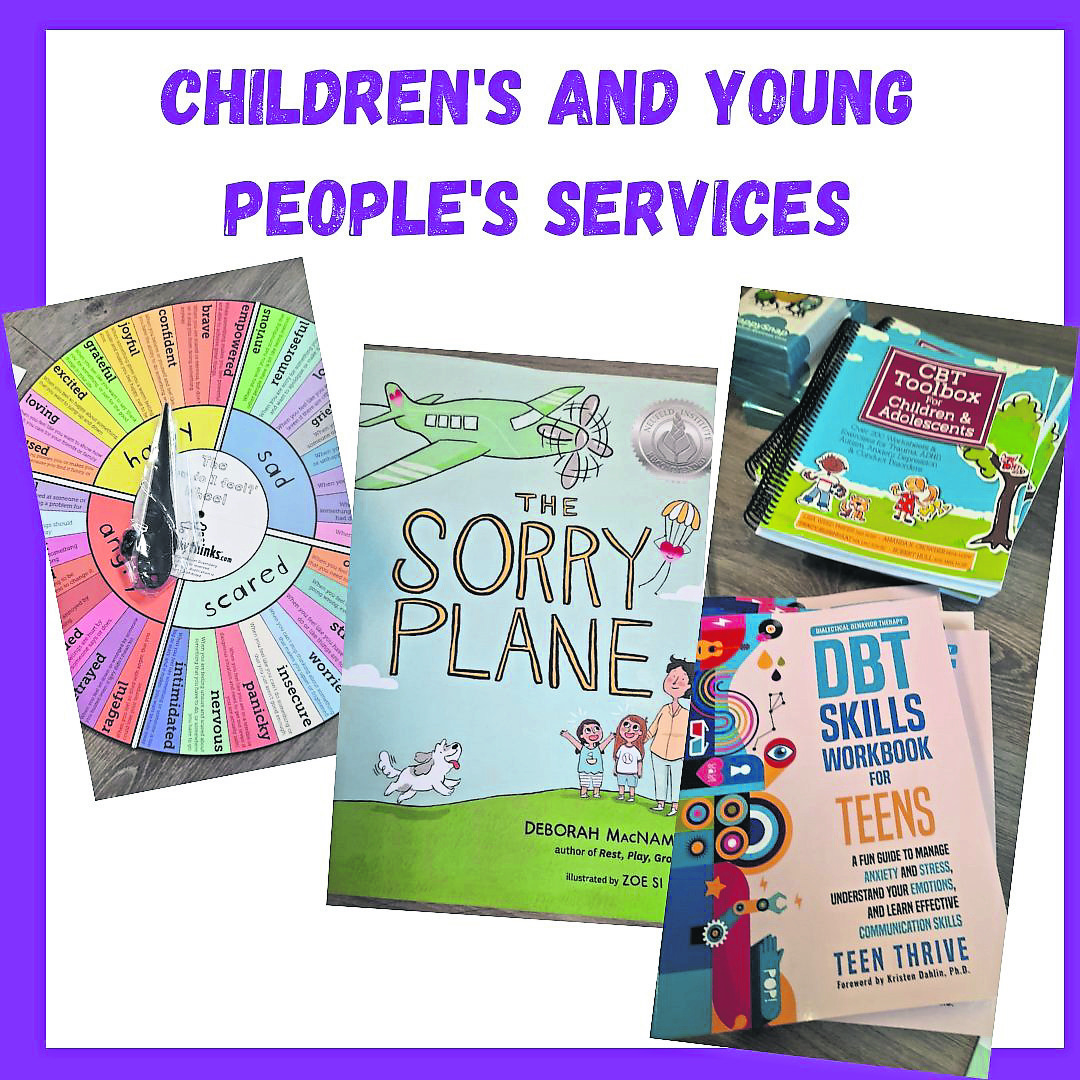A NUMBER of books to help children and teenagers cope with domestic violent and sexual abuse have been snapped up by Fermanagh Women’s Aid.
The books, which include a number of games as well, help kids and teens to express their feelings – be it anger or fear for example – and help to give them an opportunity to speak with a safe adult about their worries, fears and well-being.
Kerrie Flood, Development Manager, of Fermanagh Women’s Aid, says the books help to ensure that children do not keep their feelings bottled up inside and to help explain to them clearly in a way that they will understand the situation that they find themselves in.
She said: “We support in and around 300 children and young people every year and all of them will have witnessed or experienced domestic and sexual violence.
“They are kids who go to school, who have friends, siblings and all of those normal day to day problems that all of us have. But they have it all in the context of domestic violence.
“What we’ve been really, really good at is getting targeted resources to focus on the here and now. Such as how to keep yourself safe, how to talk about consent and how to disclose safely to an adult. That’s the core of our work.
“With Covid, a lot of organisations have had the chance to stop and take a breath to look at what we’re doing and look at the issues that are coming in to us and saying ‘are we addressing all of that?’.
“Our children’s team spent a few months researching what kind of resources were out there in the ether that could really help us.
“One of those books would be ‘How To Talk So Kids Will Listen And Listen So Kids Will Talk’. That’s not just applicable to domestic violence – it’s really useful for any family when talking with your kids.
“We’ve always spoken to children to help them verbalise and identify how they are feeling. If it’s anger then we engage with them to explore anger. Such as, is anger OK? Yes it is OK but how do we express it?
Fermanagh Women’s Aid also purchased resource books to help teenagers that they come into contact with.
Kerrie added: “With teenagers, yes they are minors and children, but we don’t want to talk to them as if they’re kids – they have a whole set of different rules.
“One of the books is about understanding that teenagers are more aware of their situation than we give them credit for.”

COPING... A selection of the books used by Fermanagh Women's Aid to help children and teenagers to cope with living with domestic violent and sexual abuse.
Books helping children cope with abusive homes
Posted: 9:00 am September 30, 2022
Posted: 9:00 am September 30, 2022








